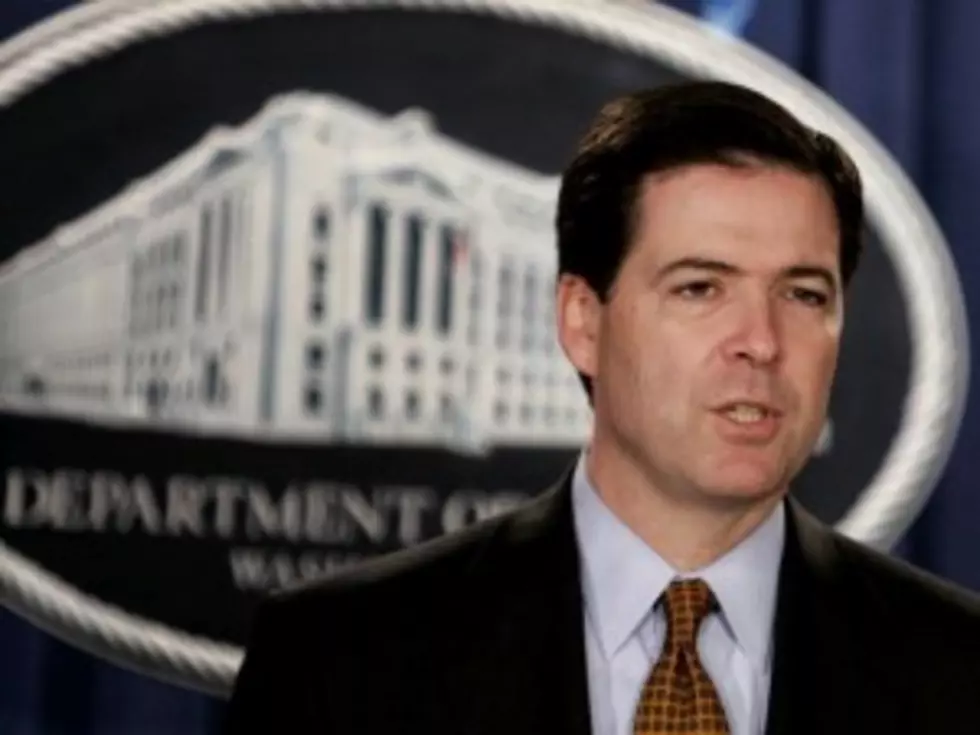
Casinos End New York To Atlantic City Train
It's the end of the line for an express train whisking gamblers from New York City to Atlantic City.
The ACES train never made money in its three years of existence. On Friday, the three casinos that paid for the service said they are ending it for good.
Katie Dougherty, a spokeswoman for Caesars Atlantic City, one of the casinos that bankrolled the train service, said the main reason for ending it was difficulty in scheduling it for peak times along the congested New York-to-Philadelphia route.
"We learned a lot about trains over the last three years," said Katie Dougherty, a spokeswoman for Caesars Atlantic City. "It was an issue of tunnel time and track time and being able to provide a convenient schedule for riders. It just didn't work out."
CASINOS "HOPEFUL & EXCITED" FOR ACES TRAIN SUCCESS
The service was started in February 2009 by three casinos — Harrah's Resort Atlantic City, and the Borgata Hotel Casino & Spa are the others — with the express purpose of luring New Yorkers who didn't want to ride a bus or sit in three hours of car traffic on the Garden State Parkway.
Joe Lupo, the Borgata's senior vice president, said the casino was "very hopeful and excited" about the prospect of attracting more New Yorkers with the train.
"Our partnership with Caesars to provide a first-class experience on the train proved to move the needle, especially during peak summer weekends and the more popular-timed runs that were near full capacity," he said. "However, the unfortunate timing of the recession, combined with the inability to have a consistent schedule mid-week, was simply too difficult to overcome."
The service has never turned a profit. The Casino Reinvestment Development Authority pumped $2 million into it the first year to help cover the $5.9 million in loses. Dougherty would not say what the train's total losses or ridership numbers were during the past three years.
The three casinos invested $19 million to get the service started.
The service was conceived in 2005 when Atlantic City's casinos still could count on steadily increasing revenues. But ACES hit the rails in a landscape in which increasing competition from neighboring states and the overall economic downturn sent casino revenues plummeting. Atlantic City's casino revenues fell from $5.2 billion in 2006 to $3.3 billion last year.
LUXURIOUS DOUBLE DECKER TRAINS
Each train featured four double-decker cars like those used on some commuter lines, but with a twist (or a splash, depending on your taste): A bar at one end of each car served beer, wine and liquor, in addition to sandwiches and snacks. The upper levels of the cars, for first-class customers, featured waitress service. Both levels boasted leather seats that were wider and had more leg room than conventional train cars, plus additional space for luggage.
Ridership was good during peak times, including Friday evenings, averaging 90 percent of capacity. On holidays and special occasions, such as the Dave Matthews Band concerts last summer, the train was sold out. Each train had 300 seats.
But the casinos could not charge enough for tickets to come close to covering the cost of running the train — a common problem with almost all rail service, public or private.
"We always said we're not a commuter train," Dougherty said. "It was an experiential train. We got the party started. We had Wolfgang Puck products and Ketel One cocktails on board.
The train took between 2½ hours and 2 hours and 45 minutes to complete its run from New York's Penn Station to the Atlantic City rail depot. Part of that time involved a delay in Philadelphia where the train had to switch from electric service to a diesel locomotive, a process that could take up to 15 minutes.
The casinos will seek to sell or lease the eight rail cars they bought before the service began. The Casino Reinvestment Development Authority paid $4.5 million over three years to lease four locomotives.
(Copyright 2012 by The Associated Press. All Rights Reserved.)
More From New Jersey 101.5 FM




![Grilling Gone Wrong – Top 5 BBQ Fails [NSFW- Language]](http://townsquare.media/site/385/files/2012/05/BBQ-Fail1.png?w=980&q=75)

![9/11/2001: On The Air [AUDIO]](http://townsquare.media/site/385/files/2012/02/1161079.jpg?w=980&q=75)


